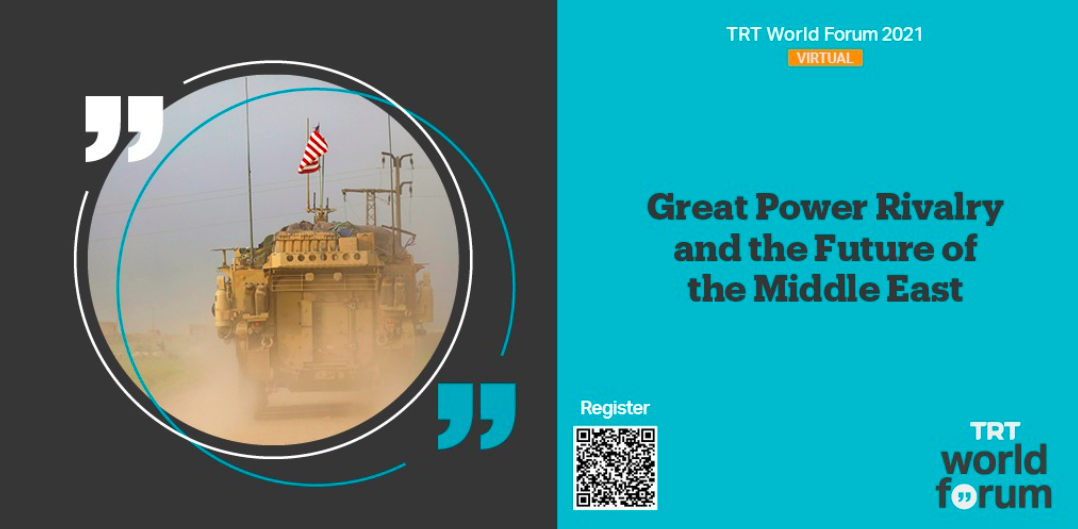Over the past year, the ‘Abraham Accords’ have drawn significant attention as a major shift in the strategic landscape of the Middle East. While supporters view the agreement as a ‘game changer’ for the region, it has sparked substantial backlash, particularly from Palestinians and others. However, alongside the immediate political effects of the agreement, broader global power dynamics continue to influence the strategic importance of the Middle East for external powers and shape the outlook of regional actors.
One of the most significant developments is the diminishing strategic importance of the region for Western powers, especially the United States, coupled with East Asia’s rise as the primary export market for Middle Eastern oil and gas. The increasing energy independence of the U.S., driven by fracking and technological advances, along with Europe’s shift toward renewable energy, has resulted in declining Western interest in the region’s energy resources.
As a result, many Middle Eastern states are now focusing on building stronger ties with Asian powers. This shift is driven by a combination of economic trends and strategic considerations, particularly doubts about the long-term commitment of the U.S. to regional security. Strengthening relationships with Asian countries is becoming crucial for securing long-term interests.
Moreover, the growing complexity of relations between Middle Eastern countries and those in East, South, and Southeast Asia highlights the region’s decreasing dependence on the U.S. As countries seek to diversify their partnerships, the strategic orientation of both regional and external actors is expected to continue evolving in the coming years.
